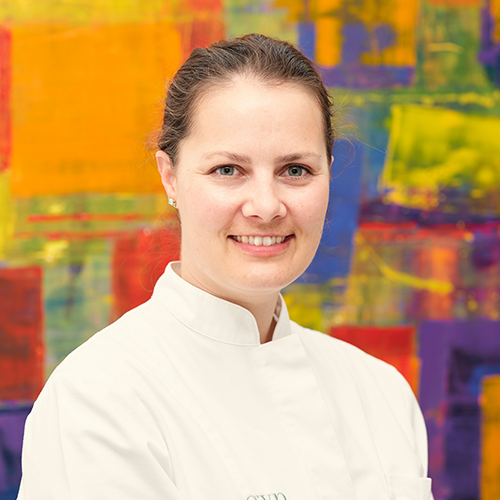Social Freezing
For us women, the age-related decline in fertility is a great challenge. How long is it possible for us to become parents? Will we manage our desired family size? Will we have “healthy” children? If there is a tendency to delay the fulfillment of the desire to have children, there is the possibility of social freezing.
Social Freezing is the precautionary freezing of unfertilized eggs. There is no medical reason for this. Women have a higher chance of pregnancy after the age of 35.
In a female cycle, one egg that can be fertilized normally matures. However, in order to have a reasonably realistic chance of pregnancy, about 15 to 20 eggs should be frozen. To achieve this goal, hormonal stimulation is needed. Here, hormones are injected daily to provoke the parallel maturation of oocytes. The retrieval of the oocytes is then an invasive act. Sedation or general anesthesia is required. Sometimes it takes at least two such cycles to obtain enough oocytes. After thawing, about 80-90 percent of the unfertilized eggs survive. In order to achieve pregnancy, ICSI treatment must be performed. This means the egg is fertilized outside the body.
Women should be under 35 years of age at the time of egg collection, as the quantity and quality of eggs decreases significantly about 10-15 years before the onset of menopause. This means that the chance of getting pregnant and staying pregnant decreases rapidly. Based on a hormone analysis (FSH, E2 and AMH) we can see if social freezing can be considered.
Social freezing is not covered by health insurance. The Swiss Reproductive Medicine Act (FMedG) regulates the duration of preservation. After five years, an extension for another 5 years can be requested. The parents must be able to provide for the care and upbringing of the child until the child reaches the age of majority, based on their age and personal circumstances. Infertility centers decide individually for each patient up to what age the use of eggs is possible. We will be happy to advise you in our practice. Please do not hesitate to contact us.
reference:
uptodate.com
P58467_NEK_Kurzstellungnahme_SocialFreezing_A4_DE_v3.indd (admin.ch)
SR 810.11 – Bundesgesetz vom 18. Dezember 1998 über die medizinisch unterstützte Fortpflanzung (Fortpflanzungsmedizingesetz, FMedG) (admin.ch)
